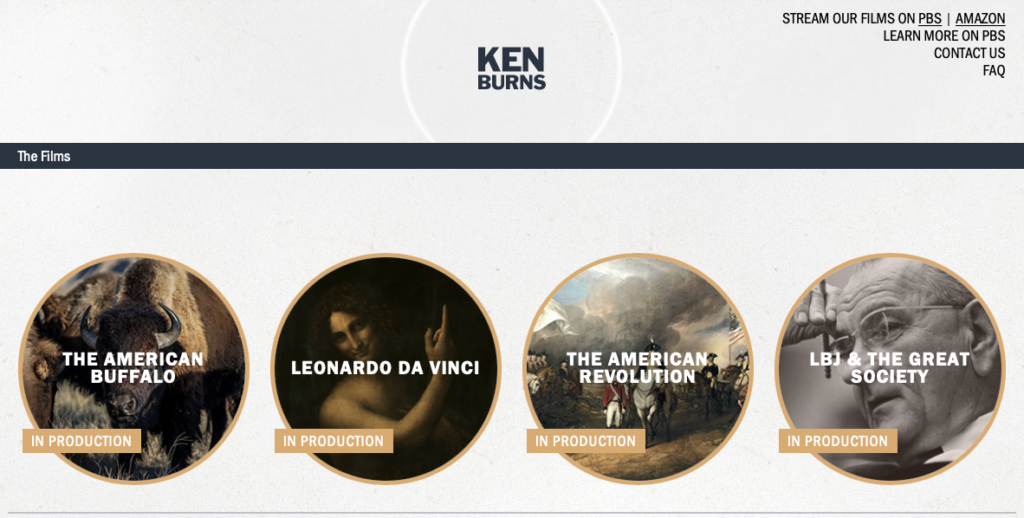Sunday Supplement #88 (January 15th, 2023)
Below is another Sunday Supplement with a quote worth sharing, a book worth reading, a movie worth watching, brainfood worth consuming, and a spiritual passage worth pondering.
I hope you take something away from these recommendations that enriches your week ahead!
Quote of the Week:
“If you don’t know history, you don’t know anything. You are a leaf that doesn’t know it is part of a tree.”
– Michael Crichton
Book of the Week:
The Hero With a Thousand Faces – Joseph Campbell
In The Hero With a Thousand Faces, Campbell shows his research into the many different cultures and how many mythologies contain portions or the entirety of “the hero’s adventure.”
The book can read like a textbook at times, but the research he composed is a fascinating look at the stories from many different cultures across history.
Campbell’s work also offers an interesting look at how these stories shaped our ancestors and how they guided their people.
Portions of the book discuss how these roots are present in today’s society but have also been lost in many cases.
I featured Joseph Campbell’s The Power of Myth in Sunday Supplement #26, which is a lighter dive into Campbell’s work. Check out whichever calls to you!
Movie of the Week:
Disney’s 1998 version of Mulan follows a young woman who secretly takes the place of her elder conscripted father in the Imperial Chinese Army’s defense against the invading Huns.
The script and characters are expertly woven to create an entertaining and meaningful story about identity, culture, war, and family.
The Academy Awards didn’t have a category for Best Animated Feature in 1998, but Mulan was still nominated for one Oscar, Best Music. It could have easily won Best Animated Feature if the category had been around then.
Mulan stands out in the Disney annuls as one of their best and should be on anyone’s watch list if they’re looking for a fun, meaningful, and comedic animated adventure.
Brainfood of the Week:

Ken Burns – Documentaries
Instead of a specific video this week, I’m highlighting the work of documentary filmmaker Ken Burns.
Burns’s work is often produced with the National Endowment for the Humanities and is distributed by PBS.
His documentary series cover a wide array of events and pieces of history. Some of his most known series are The Vietnam War, The National Parks, and The Statue of Liberty.
Instead of putting forth a specific series, I’ll put a link here to the catalog of his work. Check it out and see which one piques your interest.
Closing Spiritual Passage:
“Worshippers of the celestial gods take birth amongst the celestial gods, worshippers of the ancestors go to the ancestors, worshippers of ghosts take birth amongst such beings, and My devotees come to Me alone.”
– Bhagavad Gita 9:25
This passage from the Bhagavad Gita is an interesting look at how what we worship is often where we end up.
In this verse, the Bhagavad Gita discusses the destinations of the different worshipers of the time, but you could extrapolate this pattern to modern times as well.
In Swami Mukundananda’s commentary on the passage, I thought it was interesting how he spoke about the value of being grateful for our ancestors but how an undue concern for their welfare can be detrimental.
I think it raises a prompt for knowledge and appreciation of what came before us but to learn from our past and move forward.
Learn from the past, choose the direction you want to grow, and have a blessed week ahead!
14 Comments
